Public Safety Agencies: Leverage Your Interrogation Rooms with Employee Retention Interviews
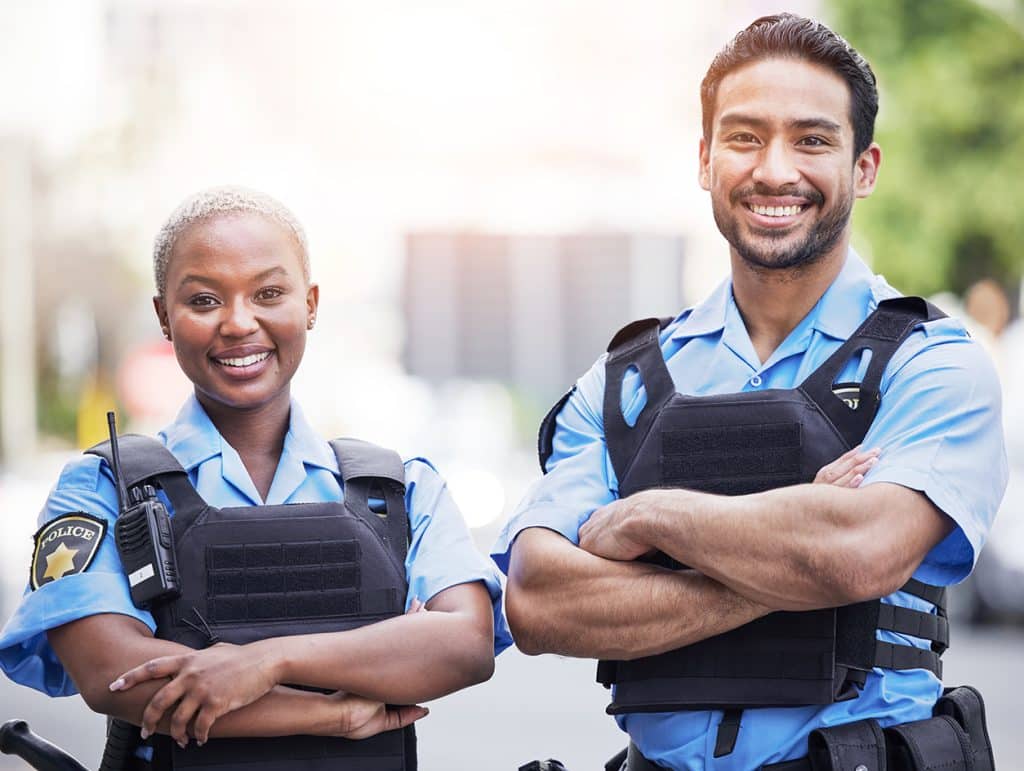

Being able to retain skilled and dedicated employees can be a challenge for any industry. But in the high-stakes world of public safety, it’s even more critical to hold on to a strong team. Agencies across the country are facing challenges with burnout and turnover. There’s no doubt that the demands of the job are […]
The Transformation of Suspect Interview Techniques in Policing
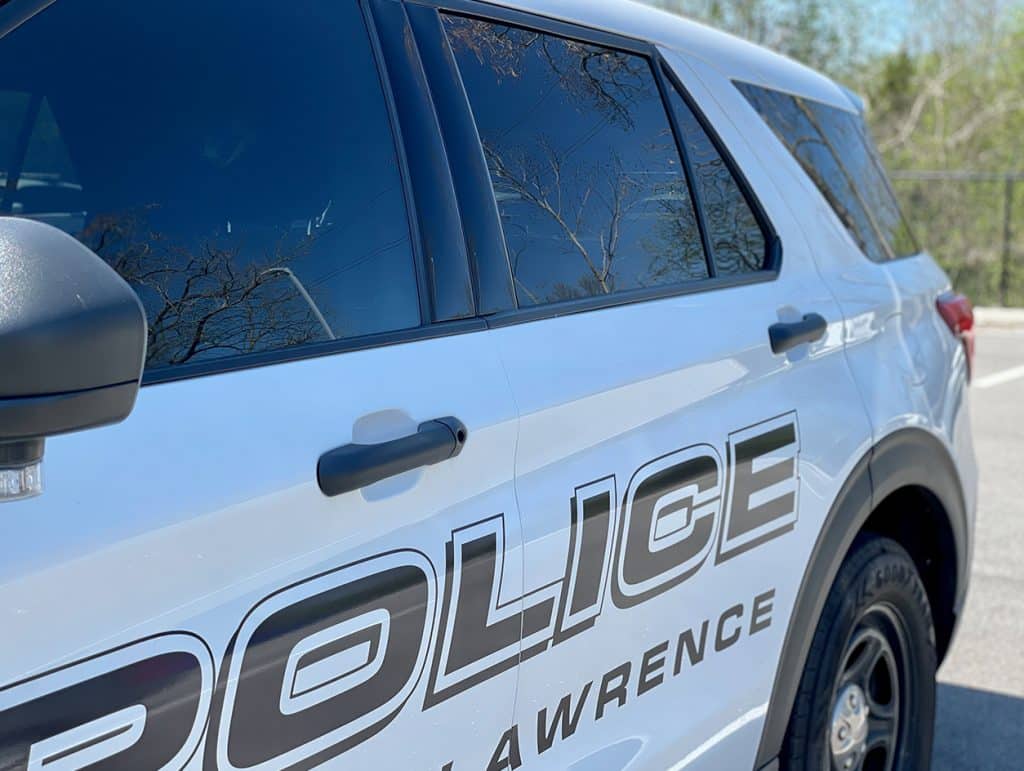

Every industry goes through changes over the years. New ideas and innovations can completely transform the ways we work, and public safety isn’t any different. With so much on the line to gather accurate, reliable evidence, the traditional methods for conducting an interrogation are getting a second look. Is your agency ready to improve its […]
Addressing Language Barriers in Miranda Rights and Interrogations
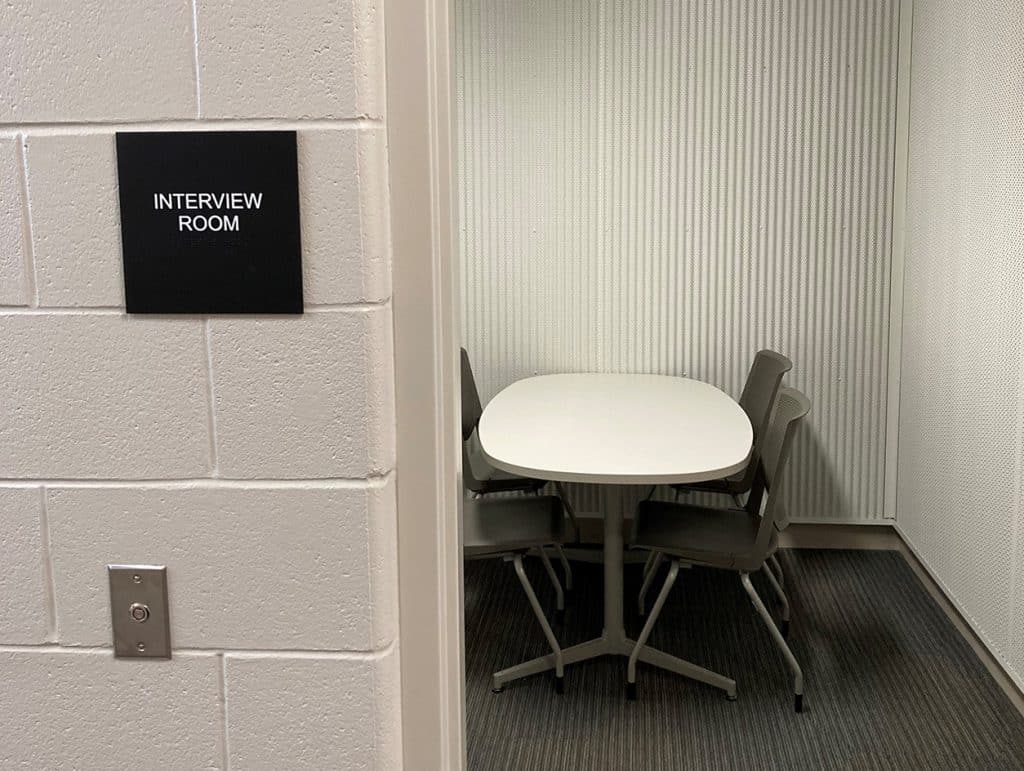

Ensuring that suspects fully understand their Miranda rights is crucial for upholding justice and protecting individual rights. Yet language barriers can create significant challenges in this process, leading to misunderstandings and potential miscarriages of justice. Law enforcement agencies across the country have been eager to adopt modern, transparent practices that ensure every suspect comprehends their […]
How the Méndez Principles Transform Interrogations Worldwide
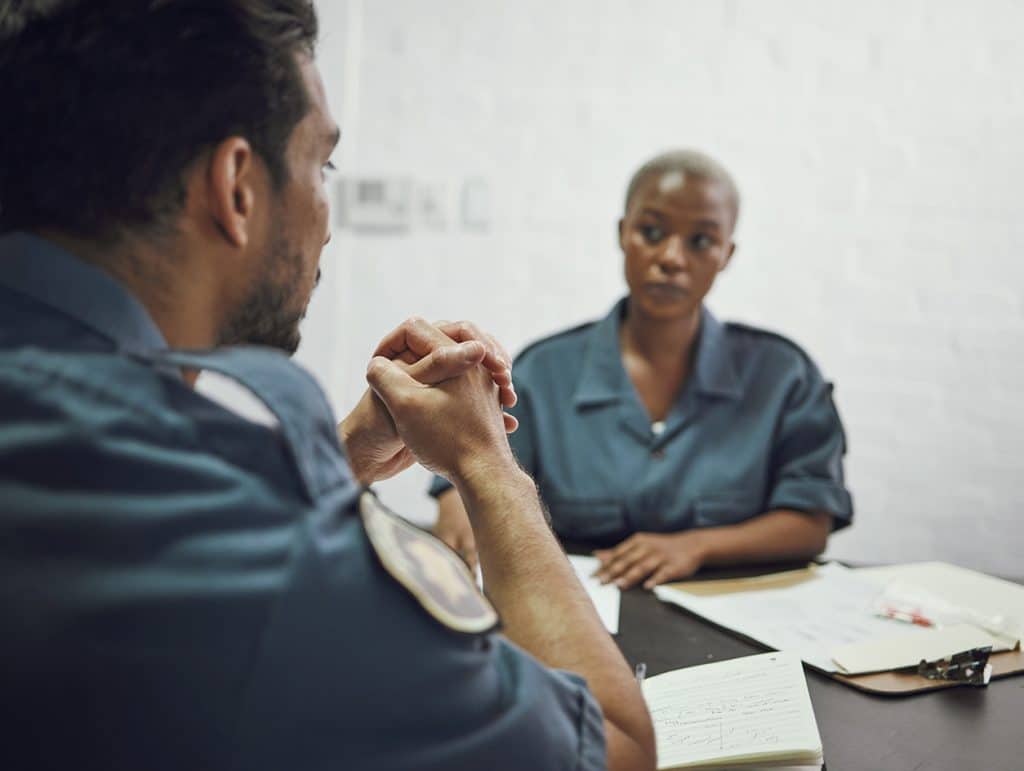

Interrogation practices have long been a contentious issue in the field of criminal justice and human rights. We want to keep our communities safe by reducing crime and bringing criminals to trial, yet historically, the use of coercive methods has raised ethical concerns. Agencies today are pursuing better ways to obtain the information they need […]
Global Perspectives on Police Reform and Ethical Interrogations
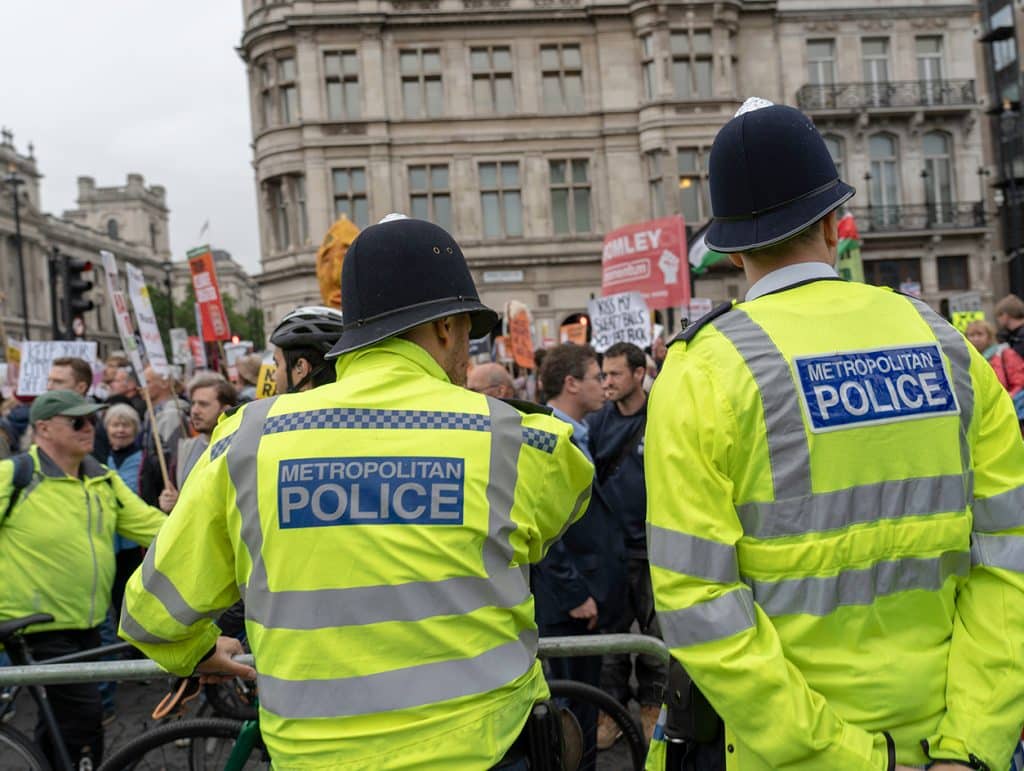

As the imperative to uphold human rights continues to spread around the world, several countries have been making significant strides in improving their law enforcement processes, particularly regarding interrogation techniques. Improving public safety is now a global mission, and through collaboration and by studying other models, every nation can find new ways to improve their […]
New iRecord Enhancement—Live Remote Viewing for Interrogation Interviews
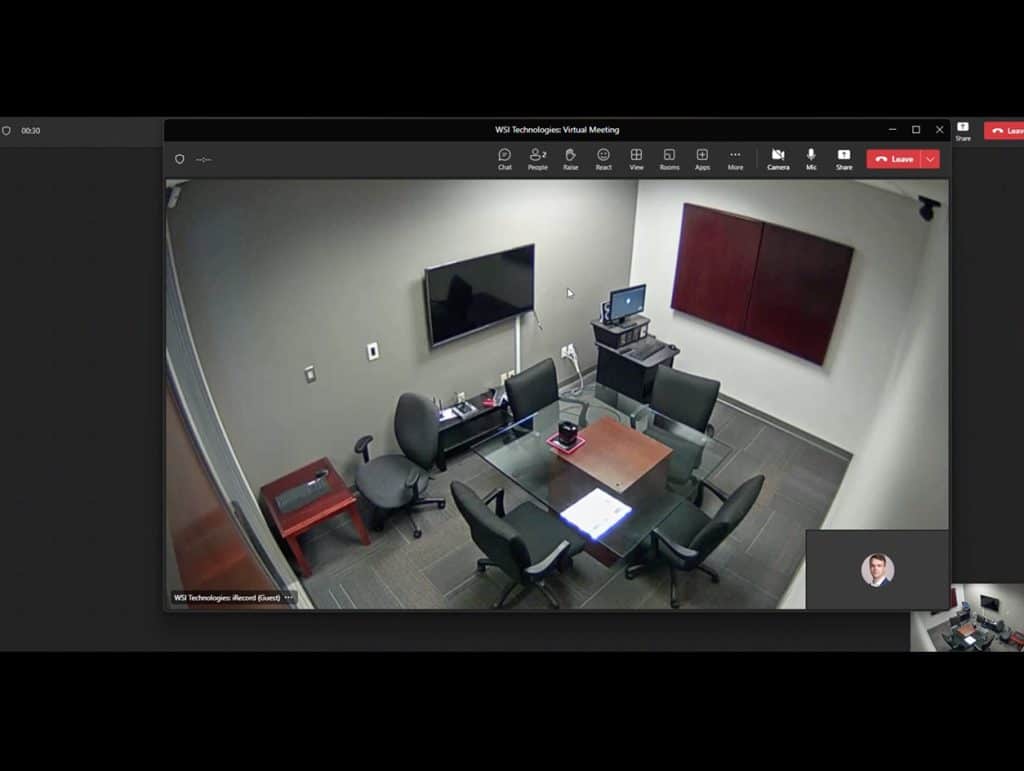

At iRecord, we’ve always been driven to find new ways to serve and protect those who protect and serve our communities; and understanding that collaboration is a critical component of law enforcement, we are thrilled to unveil our latest innovation: the Virtual Meeting viewing feature. This new offering is designed to empower remote accessibility while […]
Why Do Some States Have Mandated Interview Recording and Others Don’t?
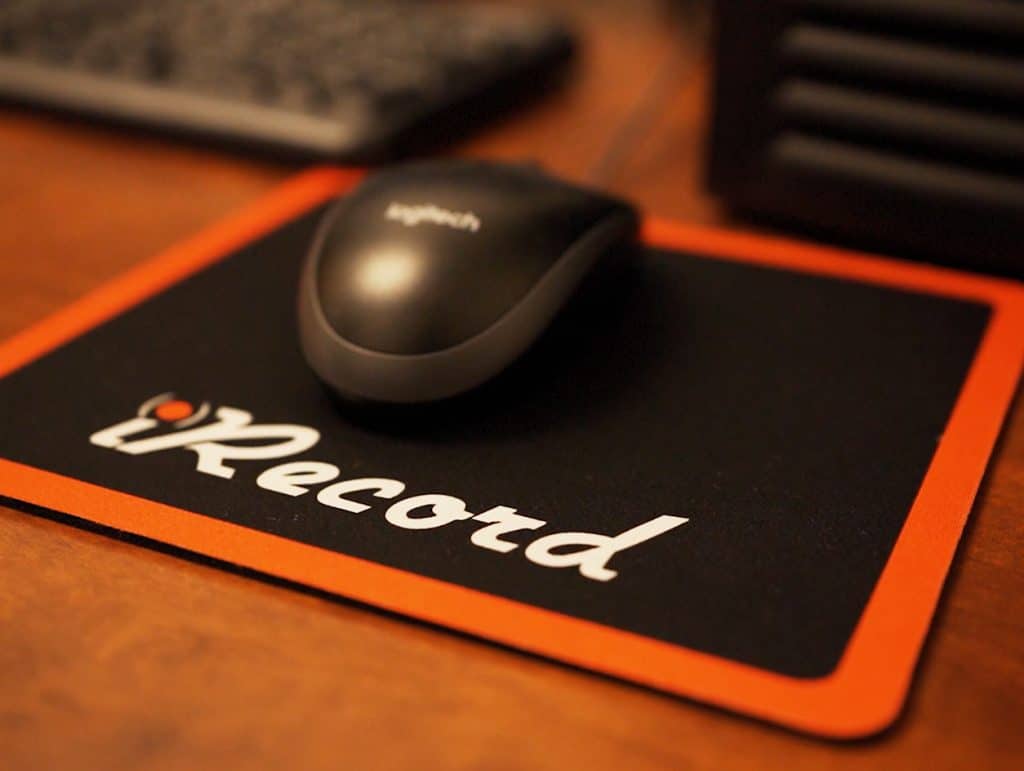

The requirement to record interviews in a criminal or investigative context varies from state to state. In fact, you can find differing policies even from one jurisdiction to another. That’s why agencies need to remain informed. Following the proper protocols can help ensure that you remain compliant. Even better, some agencies are choosing to go […]
Winning Public Safety Grants: The 7 Essential Team Roles for a Successful Grant Application


It takes a team of hardworking players to keep any organization running well, especially for nonprofits. When you need to maximize funds, it often means that you need to be even more strategic with the types of responsibilities your team members are taking on. Of course, the same is true for municipal agencies too! Everyone […]
TV’s New Look at the Reid Technique for Police Interrogations


Crime shows have been a popular television genre for decades, but in recent years, we’ve seen some changes in how the interrogation scenes are being portrayed. It’s no longer just gritty questioning in TV dramas. Now we’re seeing documentaries investigating agency practices. This is helping to make the public aware of different interrogation tactics. Agencies […]
Using iRecord Solutions vs Security Systems for Interview Room Recording
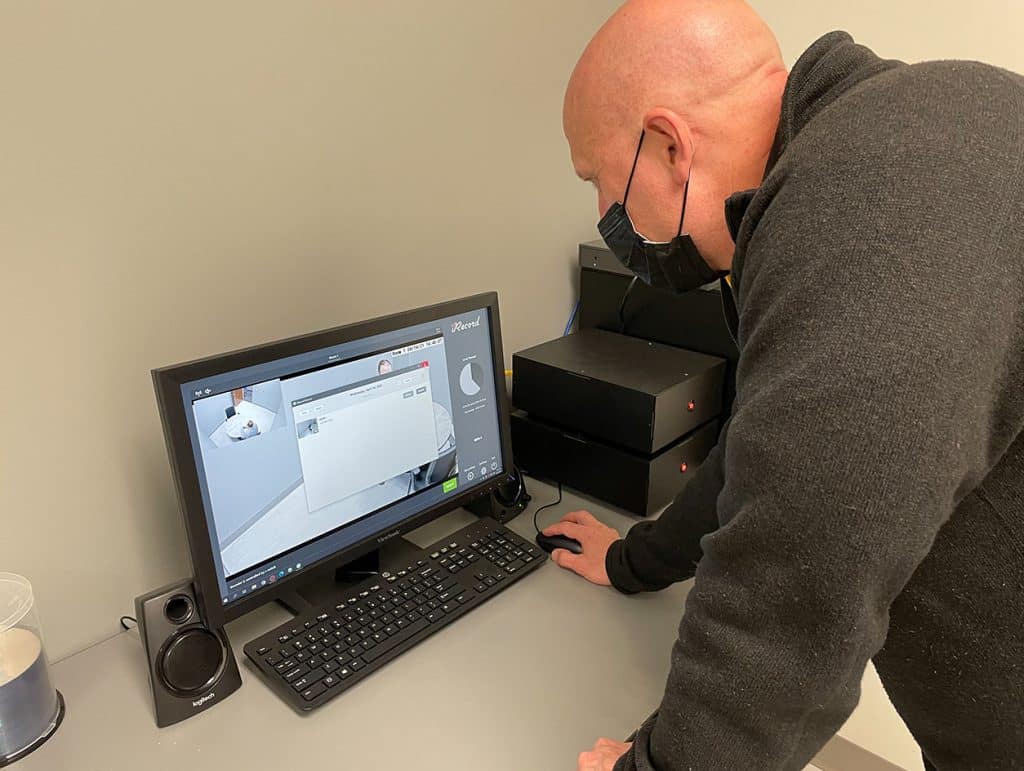

Agencies that conduct interviews and interrogations for casework can help strengthen the criminal justice system by recording audio and video of their evidence. For that, they obviously want a recording solution that’s easy to use. No one wants to deal with a complicated technical process to set up the recording equipment. Detectives and victim advocates […]
